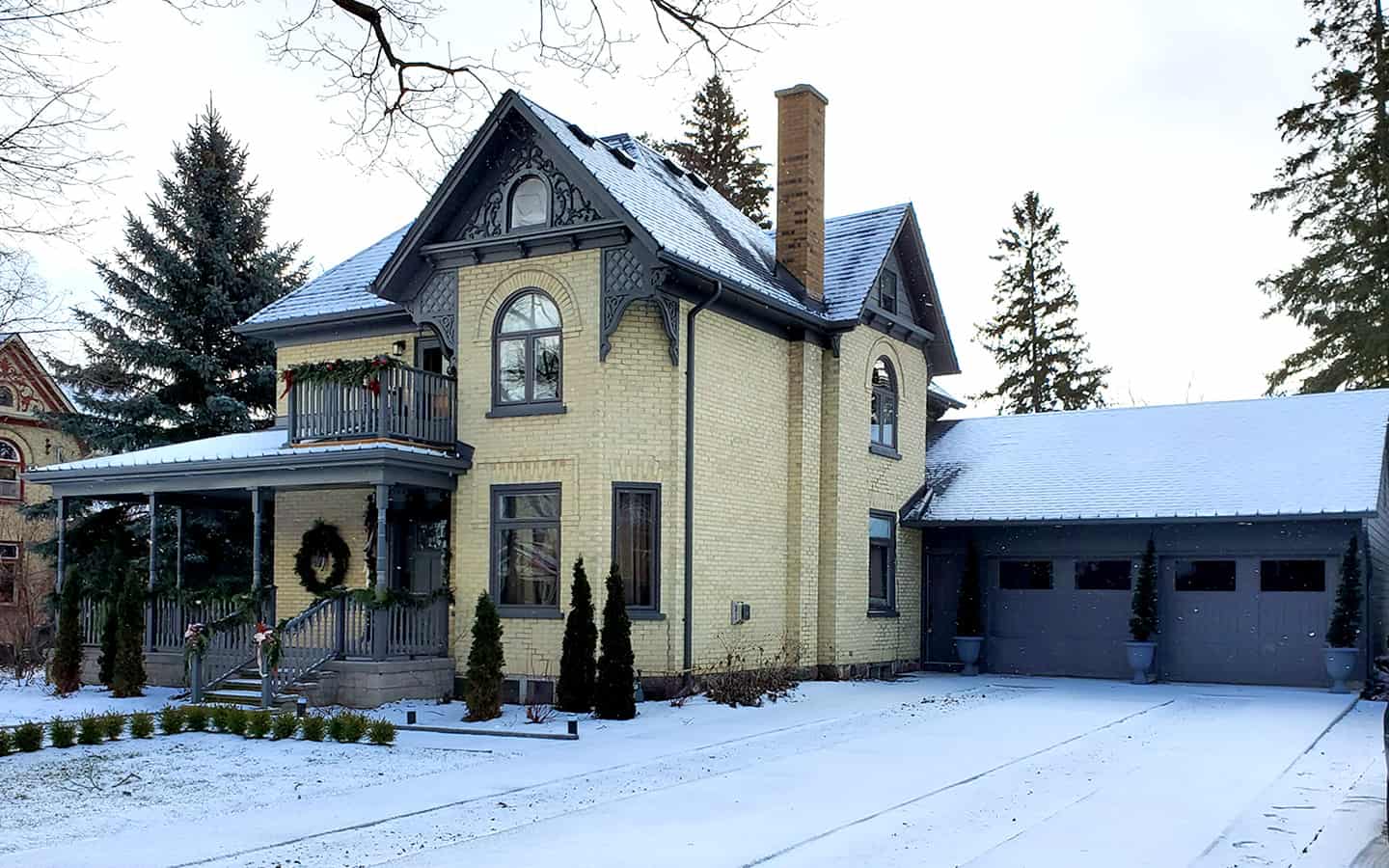The bitterly cold winter weather didn’t stop local high school teachers and support staff from being back out on the picket lines at EDSS on Wednesday.
A one-day walkout saw the Waterloo Region District School Board (WRDSB) close all its schools in response to a province-wide withdrawal of services. It’s the second time this month teachers and support staff were off the job to protest what they call inaction on the part of the province.
Along with classes being out for the day, the closures extended to all before- and after-school programs, childcare programs, EarlyON centres and childcare centres located in WRDSB schools.
Following the December 4 walkout, this week’s move by the Ontario Secondary School Teacher’s Federation (OSSTF) was the latest salvo as the union battles with the provincial government over terms of a new contract.
Several measures introduced by the Ford government don’t sit well with local protesters, including increasing average class sizes to 28 from 22 students.
“Our classrooms just aren’t set up to hold 40, 42 kids,” said EDSS teacher Pamela Germann. “We’re fitting 32 kids in a classroom right now … say a senior or university level course can fit maybe 32 as a max, which is something that we do. But we just don’t have the size.”
The Ontario government made changes on all levels of education, from kindergarten up to college and university, but that increased average class size is a common ground that has affected every level across the board, she said.
Germann added that individual attention from teachers to students would be adversely impacted as a result, and that “cuts like this really affect our most at-risk populations.”
Another EDSS teacher out on the picket lines, D.J. Carroll, said that another issue with a higher class average is that it could result in some classes disappearing entirely, making it more difficult for students to graduate.
“Now with the Ford government coming in and saying 28 becomes the average … suddenly all of the smaller specialty courses are gone,” said Carroll. “Those support classes are gone. Kids in the senior classes who want to take a music, a drama, a shop class that would normally run with 16 students … will not run anymore.”
Another component of the new education curriculum that teachers took issue with is mandatory e-learning courses. Back in March, the Ford government said that students would be required to take four e-learning courses to graduate starting in 2020-2021.
Education Minister Stephen Lecce backed off from that number, dropping it to two, after receiving feedback from students, teachers and families. More recently, Lecce said students would be required to take two online courses in order to graduate, starting September 2020. Germann said that this isn’t necessarily beneficial for student learning.
“I feel that most teachers would suggest that we’ve seen a lot of students, who they don’t fit well for [online courses],” said Germann. “And we do have opportunities for students who do want to take online courses to take them. So I feel that how we’re offering those courses right now is in the best interest of the kids.
“Putting in mandatory courses like that is not necessarily good for everybody.”
Negotiations between the OSSTF and the province will not begin again until January, but all schools will resume their regular routines today (Thursday).
Carroll said that the community response had been understanding, with a number of parents dropping off coffee, treats, and thanking the teachers.
“I would say overwhelmingly, support from the public has been incredibly positive. Our students have been incredibly supportive, the parents of our kids are constantly telling me, ‘You’re doing the right thing.’ And that makes it easier to be out here today,” said Carroll.
The OSSTF represents 60,000 public high school teachers, educational assistants, childhood educators, and school support staff.









